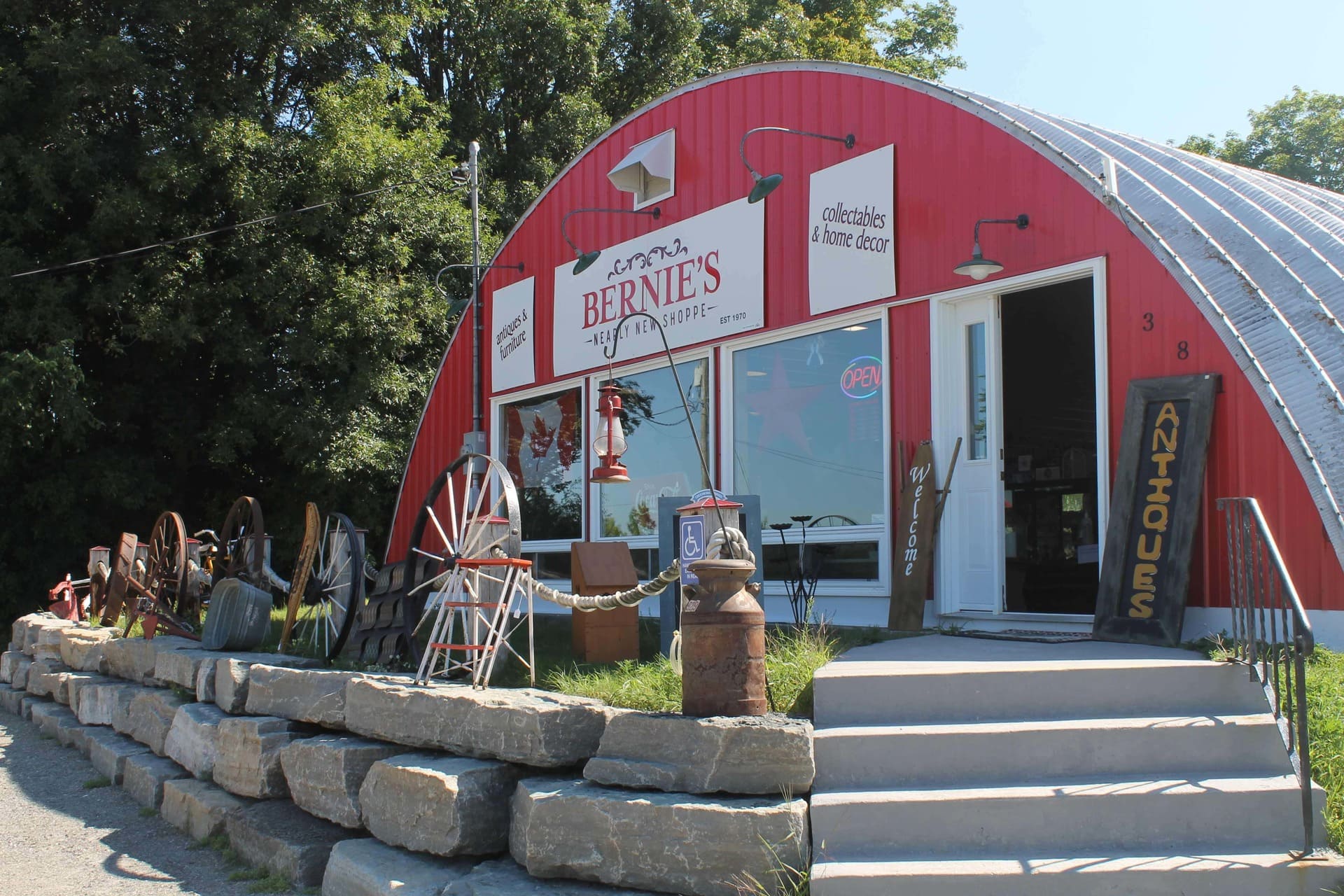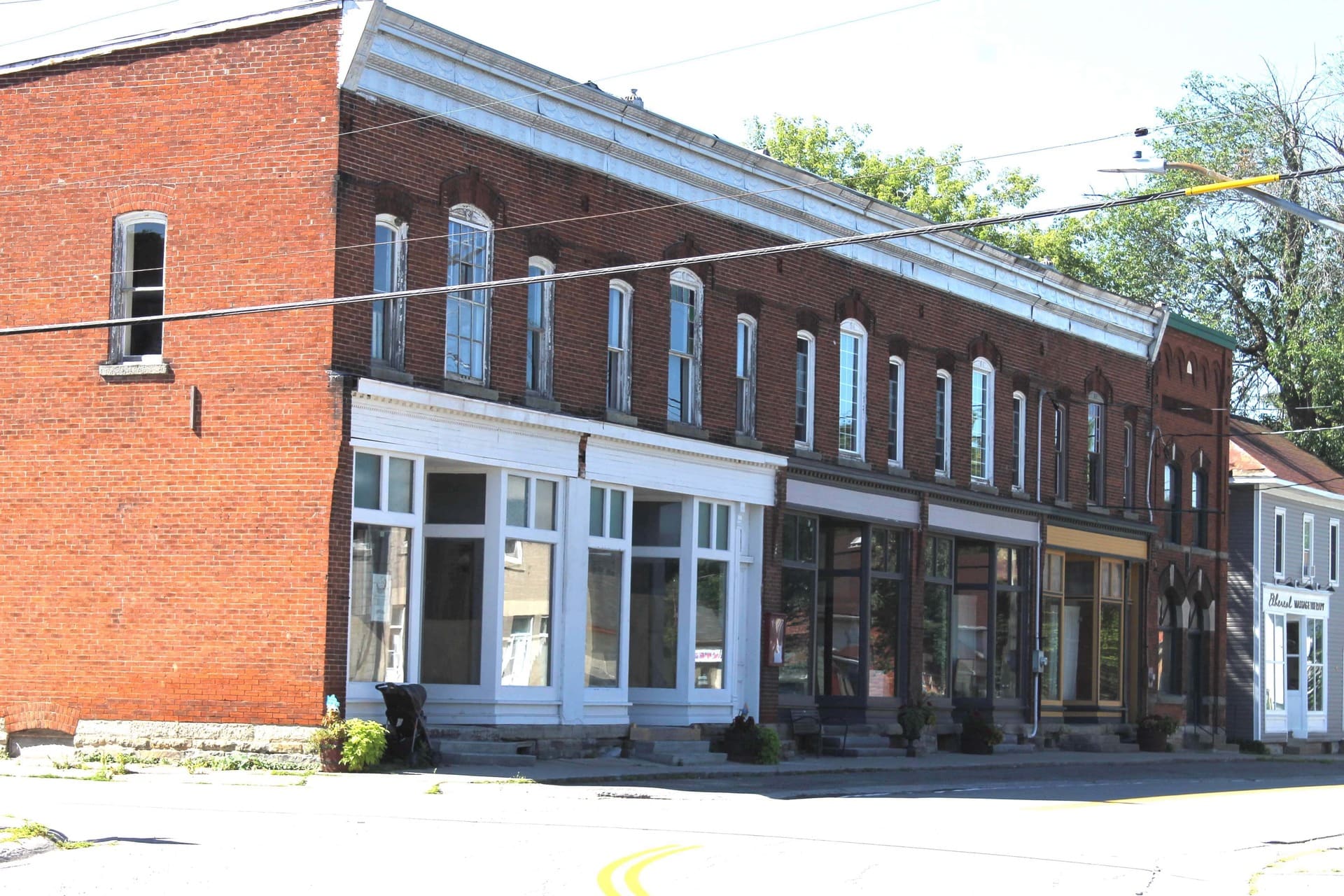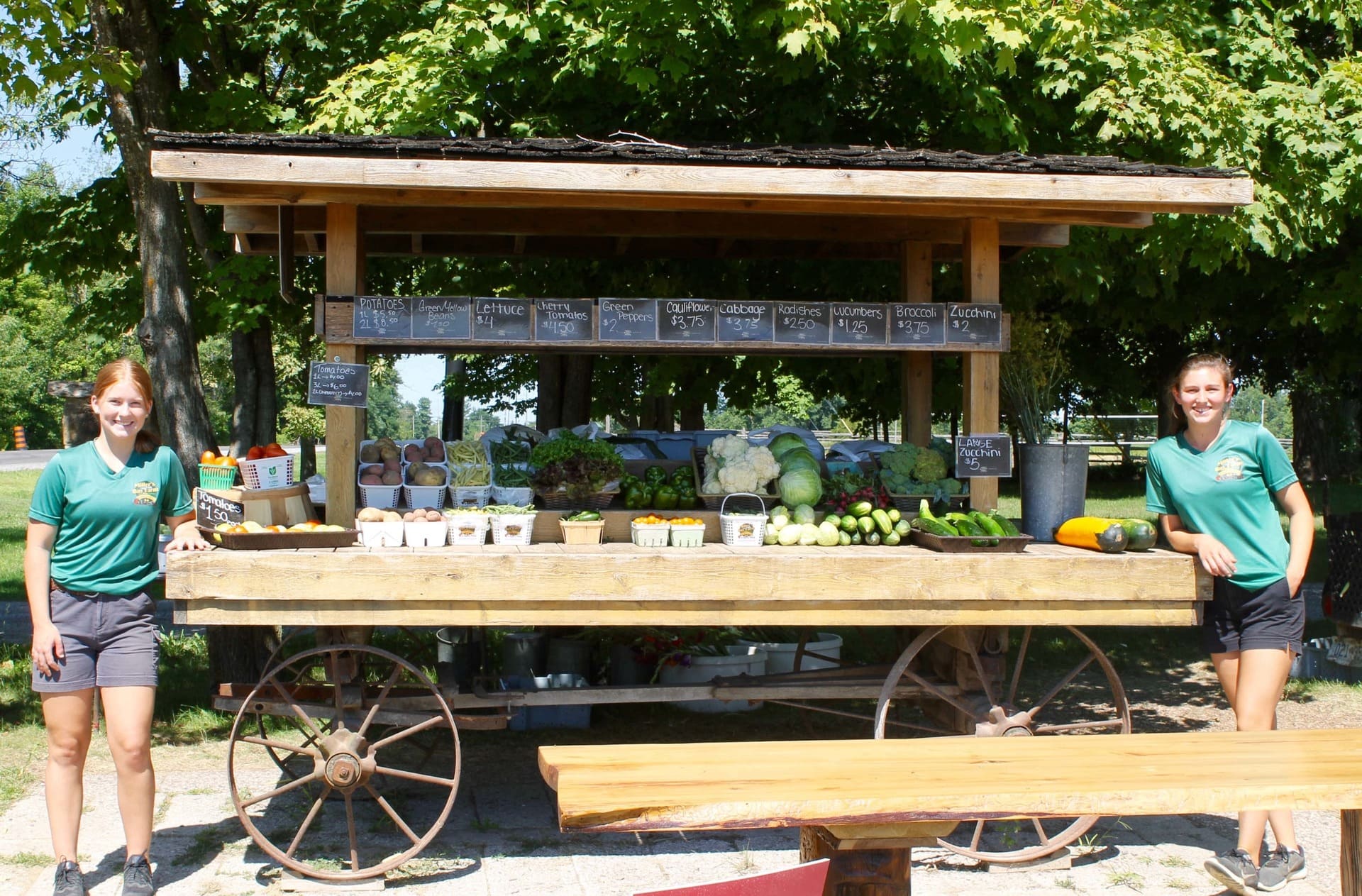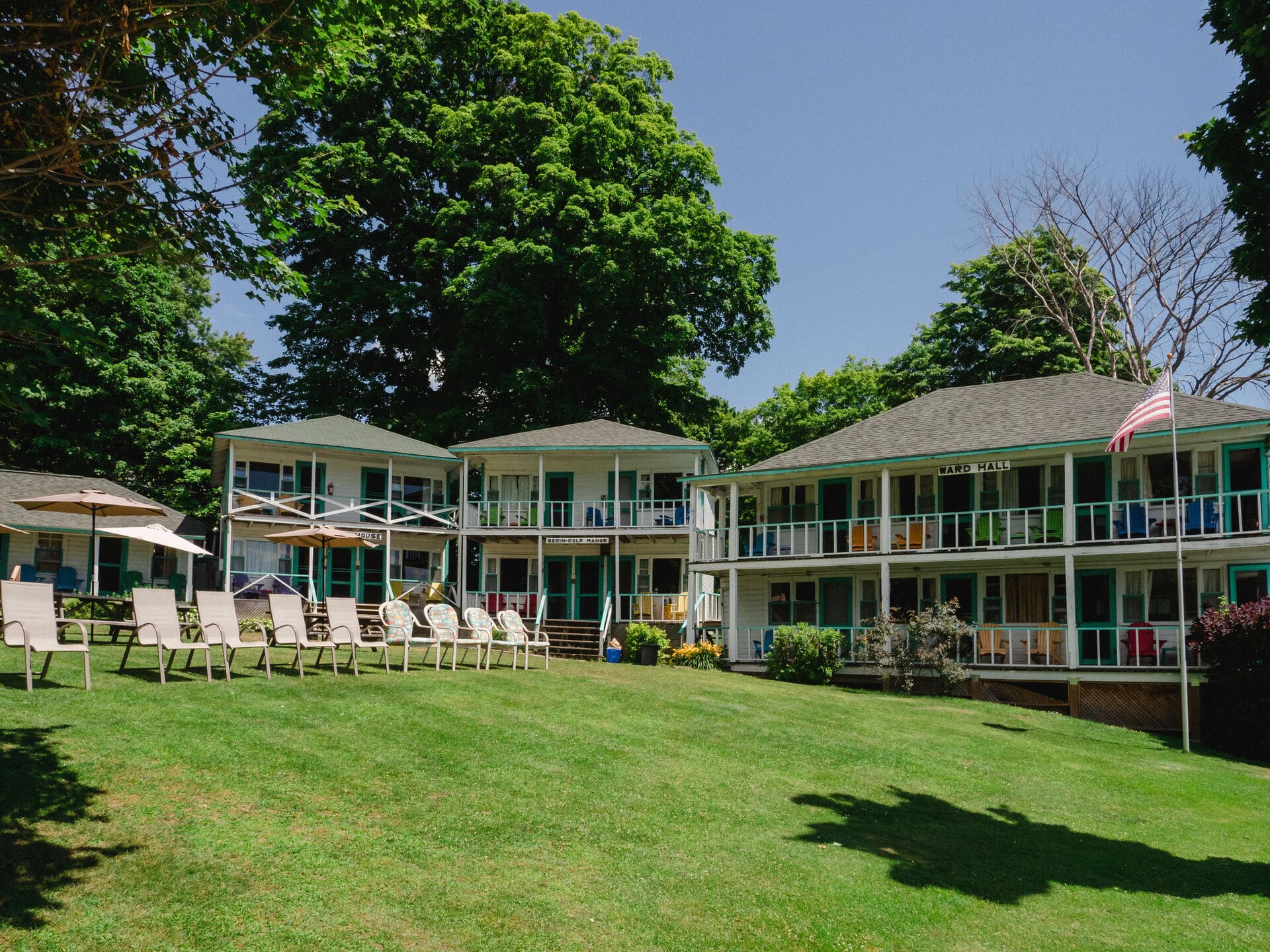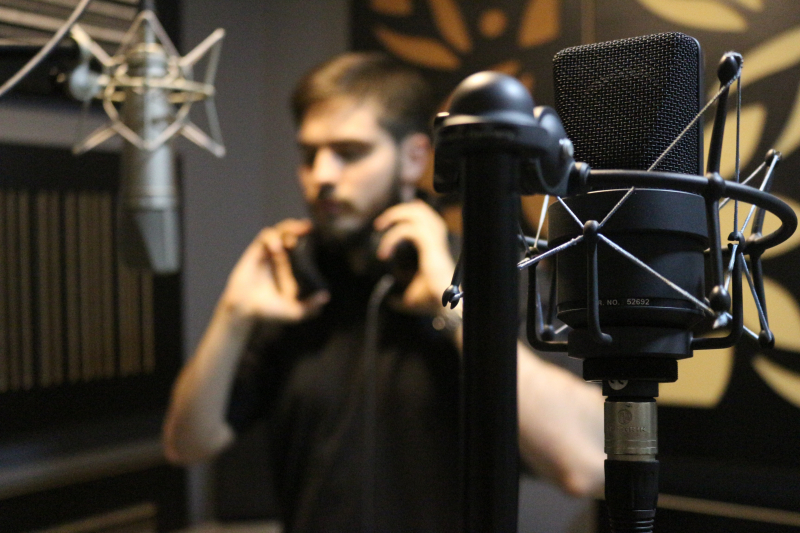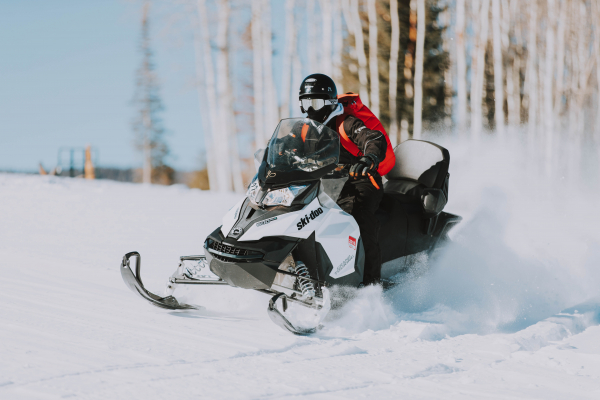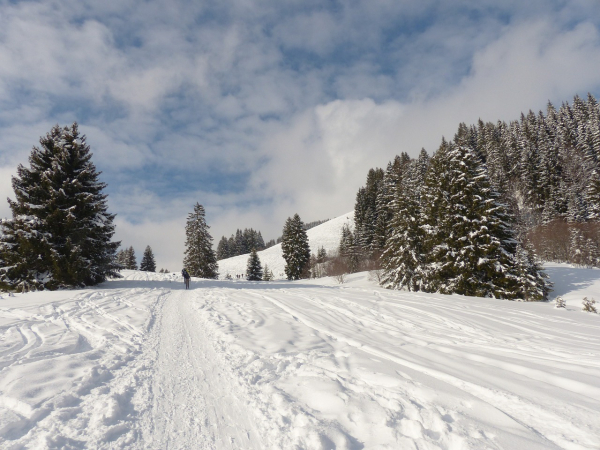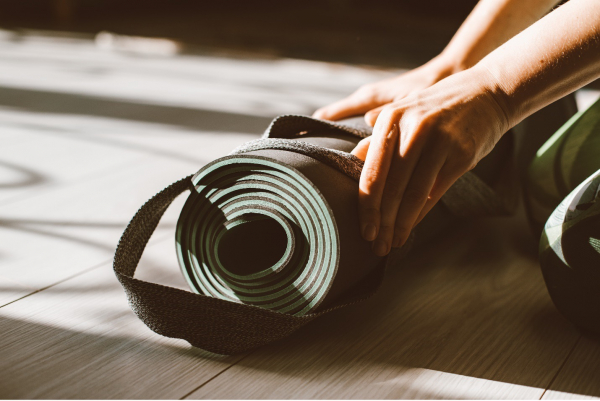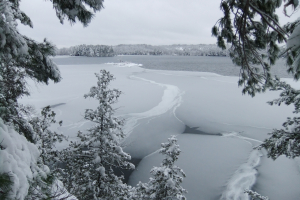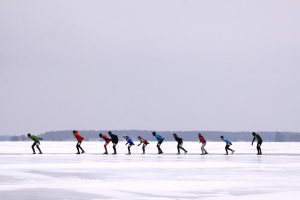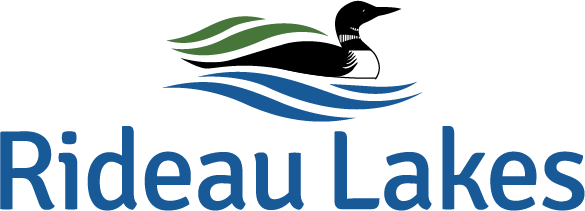
Discover (148)
Children categories

Villages (8)
Our Villages and Hamlets
Rideau Lakes is a community of Villages and Hamlets. Explore and learn about the landscape and the people. Each village and hamlet have a unique culture and story to tell. Whether you’re a visitor looking to discover your roots in the area, a family trying out an adventure on the water, or an urbanite seeking a safe and quiet, rural lifestyle… Rideau Lakes will find a place in your heart.
For thousands of years before European settlers arrived in what is now called Rideau Lakes, Algonquin speaking peoples, the Massasauga and proto-Hurons lived in these lands. Indigenous artifacts have been discovered around all of the lakes throughout this area, some that are more than 9000 years old. When the European settlers arrived, just over 200 years ago, the communities of Rideau Lakes were born.
The community of Freeland, with the former Freeland Public School at its centre, is unusual in providing vivid evidence of mid 19th century agricultural prosperity.
More...
Located northeast of the village of Delta, the Historic Settlement of Daytown starts at Cty Rd 42 in Delta along the Upper Beverley Lake through to Cty Rd 5 linking to the settlement area known as Plum Hollow.
Hours of Operation
Monday to Friday
8:30 a.m. to 4:30 p.m.
After-Hours Road Emergency
1-877-798-5725
Portland Transfer Station
4427H Old Kingston Road, Portland
1-800-928-2250 ext. 230
Open: Wednesdays & Saturdays
8:00am to 4:00pm







